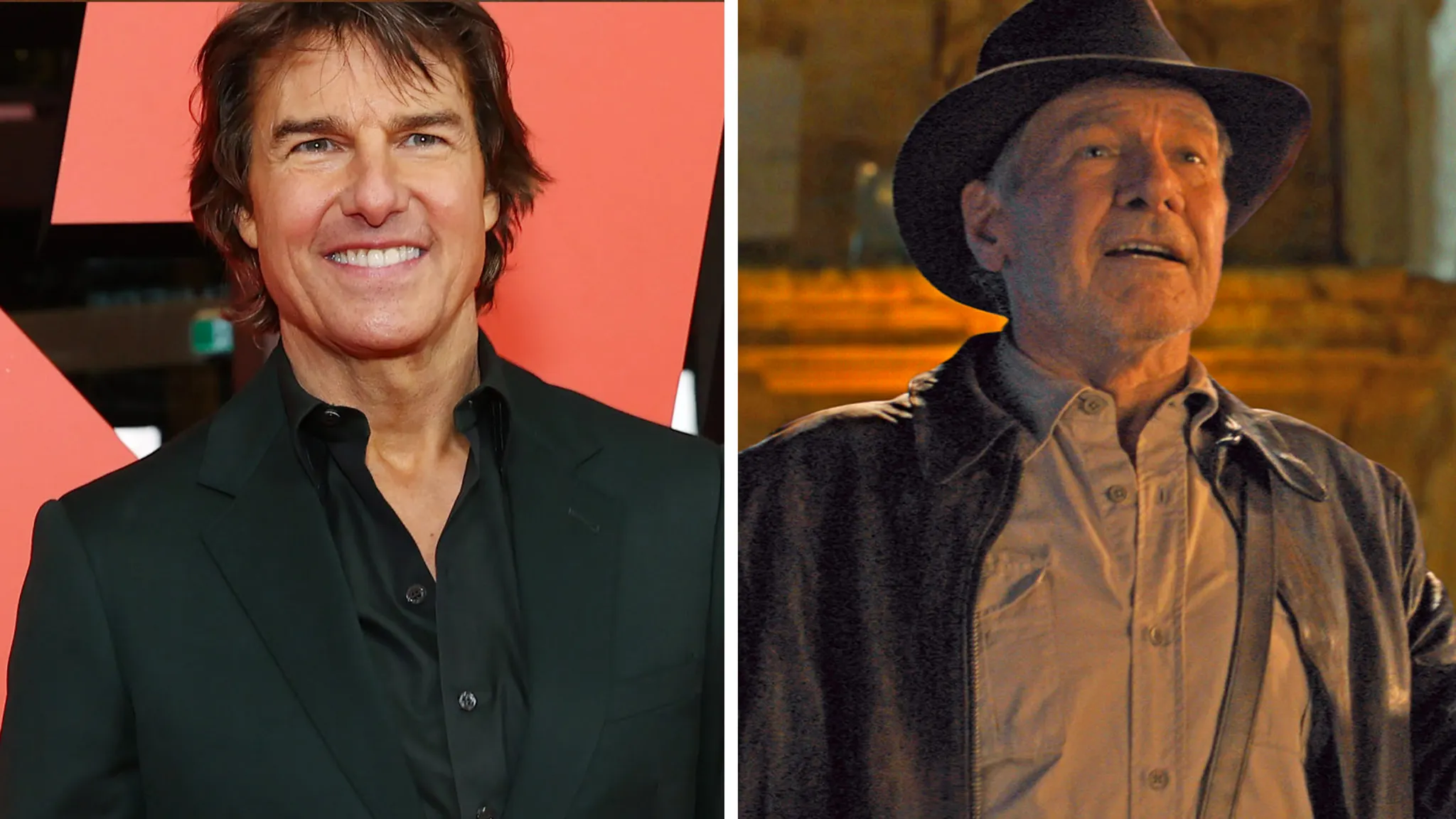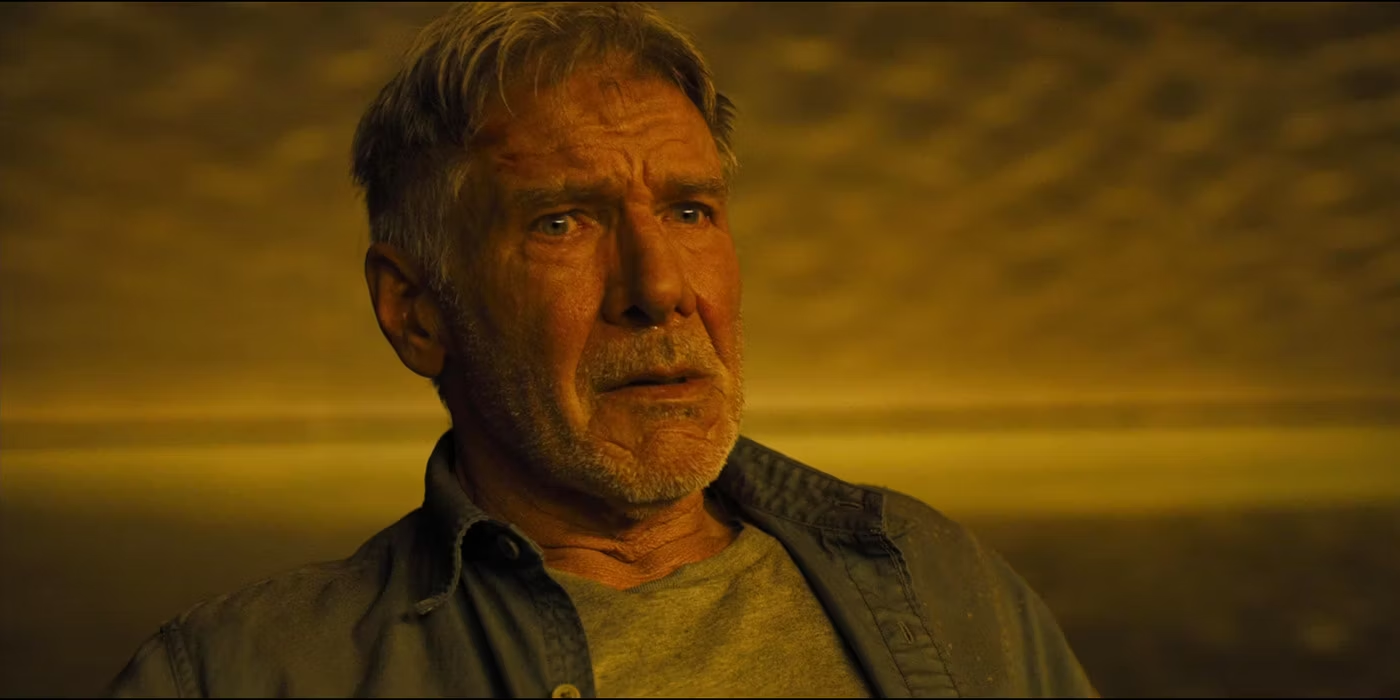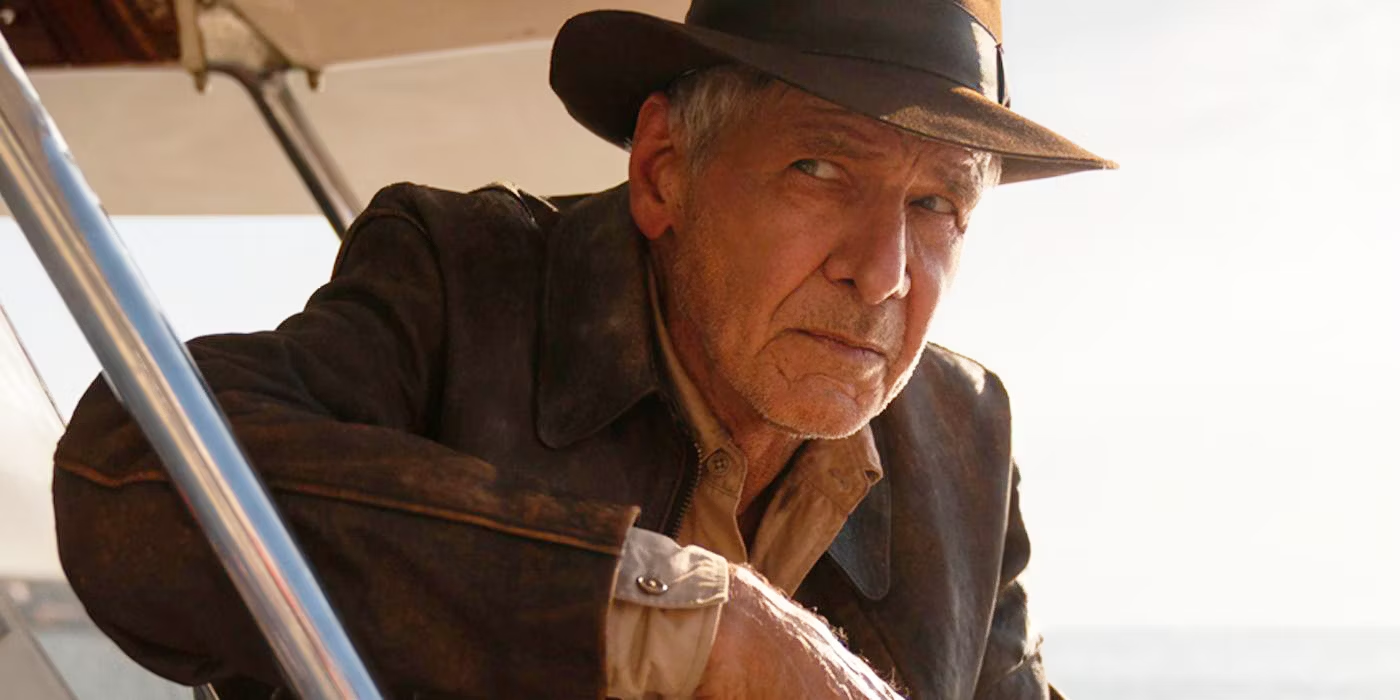In the tapestry of Hollywood history, few actors have woven as vibrant a legacy as Harrison Ford. Celebrated for his roles in era-defining films like “Star Wars” and “Indiana Jones,” Ford’s choices in the 1980s helped sculpt the cinematic landscape. Yet, amidst the roles that shaped his career, it’s his declined offers that stir a tantalizing “what if?”—none more so than Brian De Palma’s “The Untouchables.”

The Role Harrison Ford Passed Up
By the mid-1980s, Harrison Ford was not just a household name but a preferred choice for several high-profile directors. It was during this time that Brian De Palma, coming off the success of “Scarface,” sought a leading man for his next project, a crime thriller set during Prohibition, “The Untouchables.” Unlike the hardened portrayal by Robert Stack in the 1959 series, De Palma envisioned his Eliot Ness as more vulnerable—a nuanced character that Ford could have undoubtedly brought to life.
However, Ford was cautious about aligning himself with gangster genres, a hesitation that led him to pass on the role. As Ford stepped away, Kevin Costner stepped in, and the rest, as they say, is history. The film went on to become a cult classic, contributing significantly to the genre and adding a robust $106 million to its coffers.

Behind the Scenes with Brian De Palma
Brian De Palma’s decision to cast Kevin Costner as Eliot Ness turned out to be a pivotal moment for the film. Yet, it wasn’t just “The Untouchables” that defined De Palma’s career; his direction of the original “Mission: Impossible” also marked a significant chapter in cinematic history. Despite the overwhelming success, De Palma declined to return for the sequels, a decision driven by his disinterest in the franchise’s economic motivations rather than creative ones.
After I made ‘Mission: Impossible,’ Tom asked me to start working on the next one. I said: ‘Are you kidding?’ One of these is enough. Why would anybody want to make another one?
His stance reveals a filmmaker not swayed by box office potential but dedicated to storytelling’s artistic integrity.

Harrison Ford’s Continued Legacy
While “The Untouchables” remains a missed opportunity in Ford’s career, his decision to decline roles like Eliot Ness and later, in Steven Spielberg’s “Schindler’s List,” was guided by a desire to not overshadow the stories with his star power. This choice perhaps best exemplifies Ford’s understanding of his role not just as an actor, but as a storyteller.
Despite the roles he didn’t take, Ford’s career is not defined by absence but by the monumental presence he has had in the films he chose. From Han Solo to Indiana Jones, his characters are indelibly etched in the annals of film history, proving that sometimes, it’s not the roles you take but how you play the ones you do that defines your legacy.